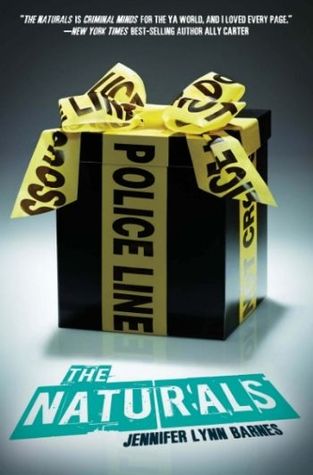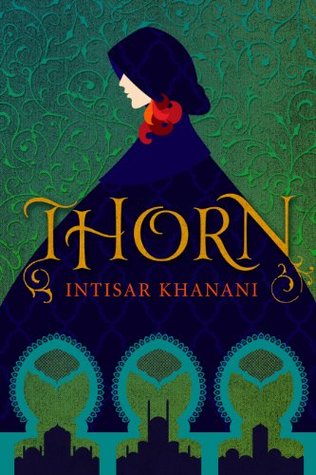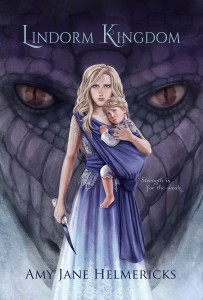This is the kind of mother I am: when I find something interesting, I want to share it with my kids.
In the same way, if my kids ask a question, I’m going to want to answer it.
There is a story (well-know in my former circles) of Corrie ten Boom when she was a child. She asked her father was sex is, and instead of answering he suggested little Corrie carry his work bag. She was proud to try, but it was too heavy for her young self, and Dad said something along the lines of, “That answer is also too heavy for you right now, let me carry it until you are older.”
I am always caught off-guard when I hear this story, because I both think it’s brilliant (I think most parents of any era would be looking for a way out of that conversation, and this was so gentle and respectful), and I think, What a missed opportunity.
For years now I’ve been reading my kids my favorite stories. Reading to them, because a lot of my favorite stories contain elements I’ll edit out as I read (often sex, subtext, or violence). Things that I am happy to let my kids wait to discover. These tend to be part of the larger cultural experience of being human, but an adult human, so I filter.
(And I expect I’ll talk more about these books in future.)
This summer I took up reading and writing reviews for Net Galley. It feeds my acquisitive nature and inquiring mind.
And if the books are interesting, I share with whoever’s handy. For example, one of the first books I read and reviewed was Randomistas, by Andrew Leigh. I got into it because it was about so. much. different. stuff. (The common thread being how those things were studied and measured: randomized trials.)
Leigh opens his book with a vivid section on scurvy.
Scurvy was something I knew about the way the average person knows about… let’s say tides. High tides and low tides exist, and they come at certain intervals and have these vaguely specific effects on certain professions. So: enough that a passing reference in a story usually makes sense, but nothing in depth or actually descriptive. [If you are someone who as read even one article or talked with someone who’s explained them to you, yes, you know more that me.]
The author describes the results of ships overrun with scurvy (“Few men having the strength to work, some of the warships crashed into the rocks off South America. … Some of the sailors drowned because they were too weak to swim toward shore.”).
Then I saw the answer to the question I hadn’t noticed I never asked: “Scurvy affects –”
“Hey kids!” I called, gathering the wandering brood.
Seriously, how hard is it to restrict one’s wandering to the kitchen and dining room while eating?
“You want to hear something interesting? I never knew this before.” I still didn’t know it then, but I was interested, and they were looped in by the invitation, and maybe it being new to me. I proceeded to read aloud, with minor apologies at certain points that I’d brought this up while we were all eating…
“Scurvy affects the body’s connective tissues. At first, victims feel tired and uncoordinated. They bruise easily and their legs begin to swell. Then their gums become inflamed, their breath grows fowl and their sin becomes blotchy. Sailors were shocked to see old battle wounds beginning to bleed and bones that had healed separating again.”
I offered to stop when they stopped eating, but clambering cries of “You can’t stop now!” kept me reading. Continue reading
 This started because
This started because 
 A year ago I started looking for good self-published books to read, and
A year ago I started looking for good self-published books to read, and 